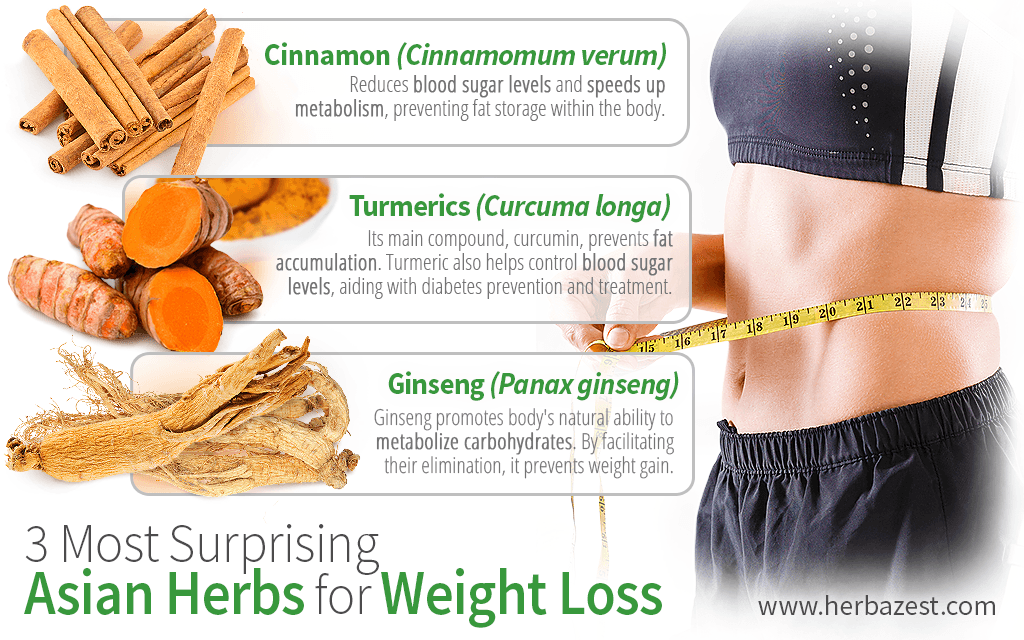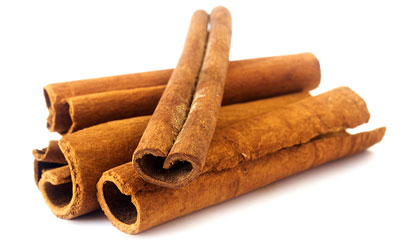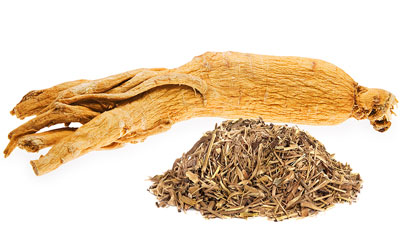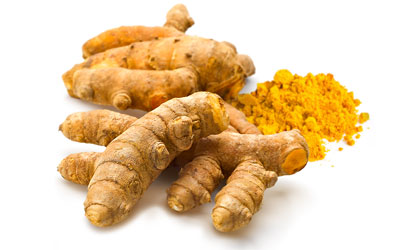On its own, there's no herb that can make you lose several pounds, but some can most certainly speed up the weight loss process. Oftentimes, the creators of diet regimens and weight loss pills make false promises and fail to inform the dieters that the use of supplements or elimination diets can be quite detrimental to their health. Moreover, medical procedures for weight loss, when they are not strictly necessary, can be risky and disrupt the metabolism in the long run.
The good news is that there are metabolic herbs and spices which have been used for centuries in Asia due to their medicinal properties. They have helped people lose those extra pounds and keep their weight off long-term.
1. Cinnamon (Cinnamomum verum)
Cinnamon is thought to have originated in Southeast Asia, particularly in the regions of Sri Lanka and India. It is known to lower blood sugar levels by mimicking insulin's effects and speed up the metabolism. Both of these properties are important in any weight loss journey, because excess sugar is stored as fat. Added to foods or drinks, it is believed to suppress appetite, which is especially valuable in controlling cravings. Cinnamon is also said to lower LDL cholesterol (the harmful kind) and contribute to fat burning.1,2
2. Turmeric (Curcuma longa)
Turmeric, known as the "queen of spices," belongs to the ginger family, and it is very similar in appearance.
Used in curries, teas, and mustard, turmeric is easy to find in just about every supermarket. This Southeast Asian spice is anti-inflammatory and cholesterol-lowering, and it can even help fight depression. Research has also suggested that it increases your stomach's ability to break down fat. Its main compound, curcumin, also halts fat storage. It controls sugar levels as well, helping prevent and manage diabetes. Having a teaspoon of turmeric before or with a meal will greatly reduce fat buildup and prevent weight gain.3
3. Ginseng (Panax ginseng)
Ginseng was originally found in Manchuria, the Northern China. It provides energy, supports oxygenation, fights fatigue, and improves mental functioning. This will make you far more likely to stay active, which is key to losing weight. Its ability to shed pounds lies in the way it deals with carbohydrates in the body. High intake of simple carbs will often result in weight gain, but ginseng helps quicken your body's ability to metabolize them.4
These Asian herbs for weight loss have been effective for people all over the world. Maintaining healthy eating patterns and daily physical activity - while taking advantage of the above-mentioned herbs - should help you reach your weight goals.
Sources
- Journal of the American College of Nutrition, Green tea supplementation affects body weight, lipids, and lipid peroxidation in obese subjects with metabolic syndrome, 2010
- National Institutes of Health, Panax ginseng
- The Journal of Nutrition, urcumin Inhibits Adipogenesis in 3T3-L1 Adipocytes and Angiogenesis and Obesity in C57/BL Mice, 2009
Footnotes:
- Clinical nutrition. (2020). Cinnamon supplementation positively affects obesity: A systematic review and dose-response meta-analysis of randomized controlled trials. Retrieved August 15, 2022 from https://pubmed.ncbi.nlm.nih.gov/30799194/
- Lipids in Health and Disease. (2017). Effect of oral cinnamon intervention on metabolic profile and body composition of Asian Indians with metabolic syndrome: a randomized double -blind control trial. Retrieved August 15, 2022 from https://www.ncbi.nlm.nih.gov/pmc/articles/PMC5469078/
- Frontiers in Pharmacology. (2019). The Effects of Curcumin on Weight Loss Among Patients With Metabolic Syndrome and Related Disorders: A Systematic Review and Meta-Analysis of Randomized Controlled Trials. Retrieved August 15, 2022 from https://www.ncbi.nlm.nih.gov/pmc/articles/PMC6582779/
- Journal of Ginseng Research. (2014). Influence of Panax ginseng on obesity and gut microbiota in obese middle-aged Korean women. Retrieved August 15, 2022 from https://www.ncbi.nlm.nih.gov/pmc/articles/PMC3986624/









